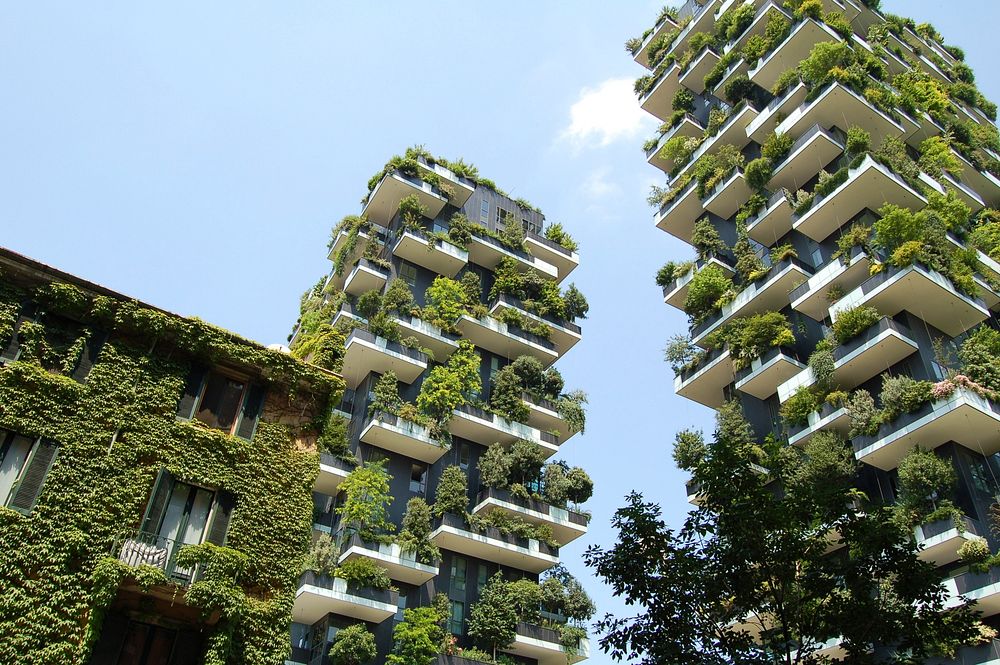Sant’Anna School of Advanced Studies – Institute for Management
The ACCESS project publishes a paper on sustainable accommodation as a choice for sport tourists
After a lengthy research and a survey which gathered 292 responses between September and December last year, the Sant’Anna School of Advanced Studies analysed the data and published a scientific paper on the topic.
Sport tourism has become an increasingly popular global phenomenon, merging the allure of sporting events with the adventure of travel. Given the scale of some events and the number of visitors they attract, it is crucial to consider sustainable practices in accommodation and hospitality as a part of cross-sectoral cooperation between sports organisations, especially tournament or event hosts, their venues and their local and regional stakeholders. The importance of selecting green accommodations for sports tourists cannot be overstated. These eco-friendly facilities are designed to operate under principles that reduce energy consumption, conserve water, and minimise waste, aligning with broader environmental sustainability goals. By opting for such lodging, visitors contribute directly to various environmental protection principles of the host city, such as air quality, pollution and noise prevention, preservation natural resources and more, overall enhancing the cities’ capacity to host more sustainable events in the future. Previous researches proved that sport tourism represents a potent catalyst for economic and cultural exchange but also poses significant environmental challenges. The decision by fans to opt for green accommodations is a pivotal step in transforming the industry.
Various attributes and preferences exist when choosing accommodations for sporting events. A significant majority indicated that the quality of the hotel, along with web recommendations and price are critical factors in the choice of a hotel. Environmental sustainability, while not the top priority, still shows a noteworthy preference rate of more than 50%, suggesting a growing consciousness towards eco-friendly living standards.

Preferences for specific green features within hotels were also explored. The figure below shows a strong support for environmental certifications and sustainable food options. Moreover, water-saving practices and waste management were highly favoured, indicating a significant inclination towards comprehensive sustainability in lodging facilities during sporting events.

The survey further explored the willingness and perceived ability of attendees to engage in green behaviours during sporting events. Responses revealed a generally positive attitude towards adopting green behaviours, with a noticeable openness to participating in green events and staying at environmentally friendly hotels in the future. The data indicates a favourable shift towards environmental responsibility among sports event attendees.



In conclusion, the comprehensive examination of fan behaviours regarding the selection of green accommodations within the realm of sport tourism reveals a robust intersection of environmental consciousness and consumer choice. Attitudes towards green accommodations are largely favourable, with many fans recognizing the environmental benefits and contributing positively to the host community’s sustainability. However, this positive attitude sometimes contrasts with actual booking behaviours, which can be hindered by factors such as availability, cost, and lack of information. It is here that the role of subjective norms becomes pivotal; the influence of peers, media, and particularly influential figures in sports can drive or deter the eco-conscious lodging choices.
To bridge the gap between positive attitudes towards green accommodations and actual behaviour, several strategies can be employed. Event organisers and policymakers are encouraged to promote greater awareness of the availability and benefits of green accommodations through targeted campaigns. Additionally, integrating green lodging options into the main booking systems can enhance their visibility and ease of access. Incentives such as discounts or loyalty benefits could also be offered to encourage bookings at environmentally friendly accommodations.
















